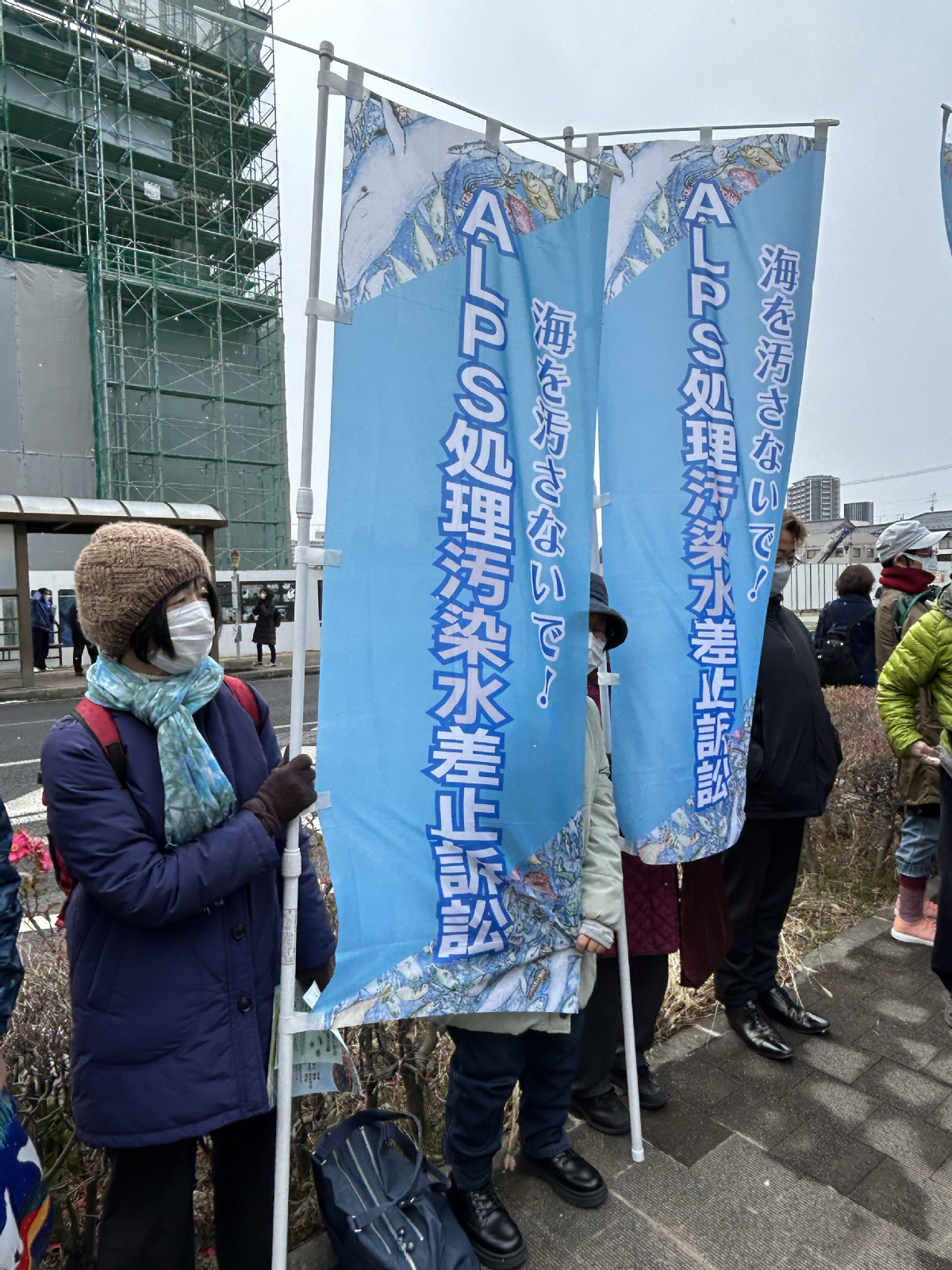Fukushima locals tell of damage as hearing to end ocean discharge demands justice


For Fukushima fisherman Haruo Ono, a lawsuit against the Japanese government and the Tokyo Electric Power Company (TEPCO) is his last hope for decency and living following Japan's discharge of nuclear-contaminated wastewater into the Pacific Ocean.
At one point in recent past, Ono became stressed and had to seek medical treatment. In his view, there is no justification for disposing of radioactive substances into the sea and "we will undoubtedly suffer significant consequences".
Ono thus joined 362 other plaintiffs nationwide seeking to bring the Japanese government and TEPCO to justice. TEPCO is the operator of the crippled Fukushima Daiichi nuclear power plant. The first public hearing of the case was held at the Fukushima District Court in Fukushima City on March 4.
The case marks that Japanese fishing industry stakeholders and ordinary citizens have united to call for an end to the discharge.
The family of Ono, a resident in Shinchi Town, Fukushima Prefecture, have been engaged in fishing since his grandparents' generation. Born in 1952, he is the eldest son of a fisherman, and his sons are also fishermen.
Ono became a captain around the age of 30. For him, working at sea is an attractive profession.
"We fishermen receive income from the sea's natural blessings and regard the sea with reverence beyond human understanding, believing that the treasure of the sea should be passed down from the past to the present and the future," said Ono during the public hearing on March 4.
However, due to the Fukushima nuclear disaster following the magnitude-9.0 Great East Japan Earthquake and tsunami in 2011, fishermen have experienced difficult circumstances.
"Not being able to fish freely means that our workplaces have been taken away from us, which is unbearable," Ono said.
"We don't know when the Fukushima Daiichi decommissioning will be completed. Compensation may be terminated. Fishing may no longer be sustainable. I try to tell myself that I'm getting old, but when I think about my sons who have taken over the fishing business, I am still anxious," he told the hearing.
"What we fishermen are asking for is to keep the ocean clean, to be free from radioactive contamination, to finish the Fukushima Daiichi decommissioning safely as soon as possible, to return to full-scale fishery operations, and to continue fishing for generations to come."
Many plaintiffs do not see financial issues as their main concern, said Tsuguo Hirota, a co-representative of their lawyers.
"Their job is to deliver delicious and safe fish to the public, and to serve the customers at their shops. They see this as the essence of their existence as fishermen or fish sellers," Hirota told China Daily.
"Therefore, many stakeholders participating in this trial think of this as an issue related to their sense of purpose. Their pride as fishermen or as business owners is the primary driving force for them," he added.


















